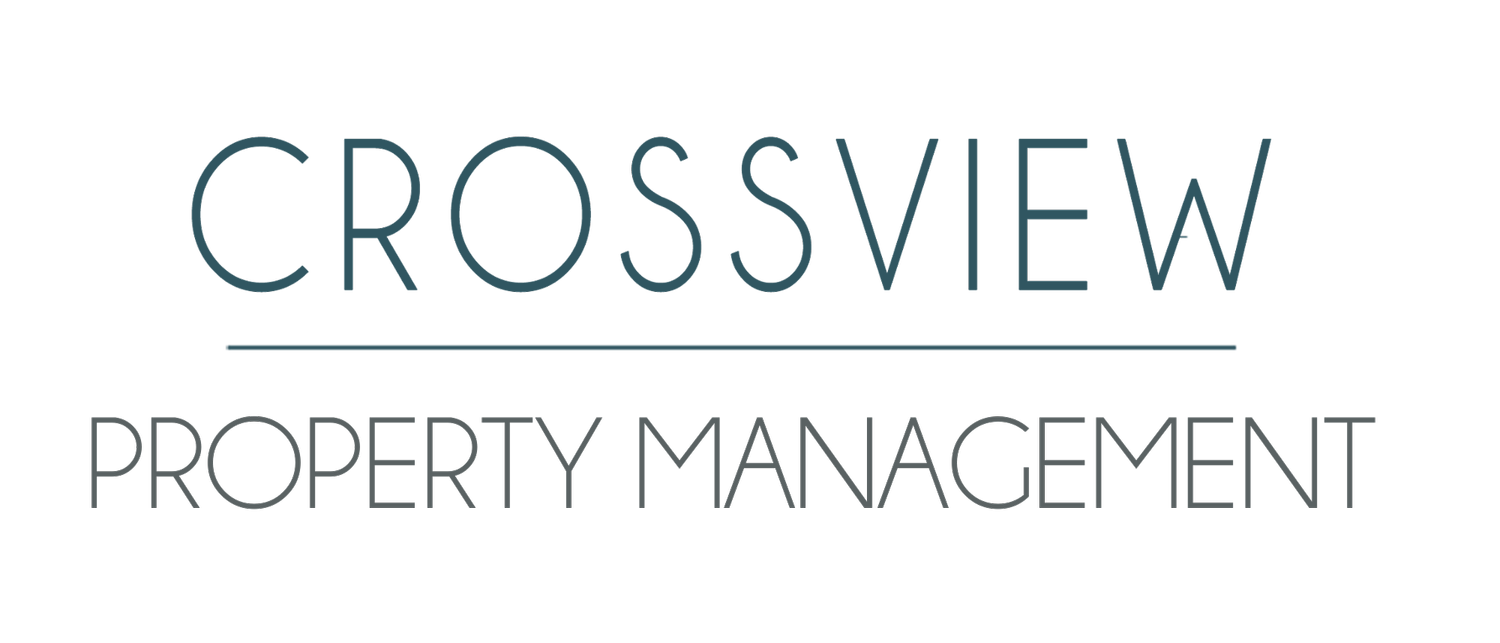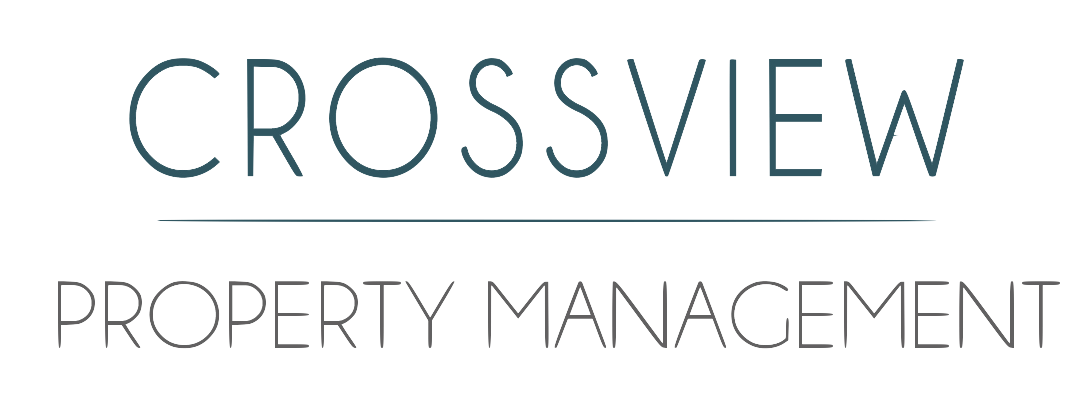Key Questions to Ask Before Hiring a Property Manager: Why Self-Managing Can Be Risky
Investing in rental property promises lucrative returns, but it's coupled with an array of responsibilities. Property owners often find themselves at a crossroads, deliberating whether to self-manage their properties or enlist the expertise of a professional property manager. While the prospect of self-management may seem appealing, it harbors inherent risks that could outweigh potential benefits. In this blog post, we delve into pivotal questions owners should address when contemplating property management and why navigating the complexities alone might prove more challenging than anticipated.
Analyzing Financial Commitments:
Determining the viability of property management starts with a comprehensive understanding of your financial obligations. From mortgage payments and property taxes to insurance and maintenance costs, a thorough examination is essential. This holistic approach aids in calculating the necessary income to cover these expenses and turn a profit. Collaborating with a property manager can optimize rental income, minimize operational costs, and enhance your property's overall financial health.
Setting Clear Financial Objectives:
Assessing the feasibility of self-management versus professional assistance requires setting tangible financial goals. Delve into your desired return on investment (ROI) and establish clear benchmarks. Property managers bring expertise to the table, assisting in rental rate optimization, tenant attraction, and the implementation of effective marketing strategies. Their guidance proves invaluable in navigating market fluctuations and ensuring a steady stream of rental income.
Preparing for Maintenance Costs:
Property maintenance is an unavoidable facet of ownership. Before opting for self-management, evaluate whether you have ample funds earmarked for potential repair costs. Property managers boast networks of reliable contractors, negotiating favorable rates and ultimately saving you money. A lack of reserves for unforeseen repairs can lead to financial strain, impacting on the overall value of your property.
Risks of Self-Management:
Time Commitment: Self-managing demands a substantial investment of time, especially when dealing with tenant issues, property inspections, and administrative tasks across multiple properties.
Legal Compliance: Navigating complex local and state rental laws poses a challenge. Property managers, well-versed in current regulations, ensure your property remains compliant, reducing the risk of legal issues.
Tenant Management: Screening and managing tenants can be daunting for individual owners. Property managers bring extensive experience, minimizing the risk of problematic tenants and reducing turnover rates.
Emergency Response: Property managers offer a 24/7 point of contact for emergencies, ensuring swift issue resolution. Handling emergencies independently can lead to increased property damage and tenant dissatisfaction.
While self-management is conceivable, it demands meticulous consideration of financial capabilities, time commitments, and expertise. Engaging a professional property manager can alleviate the burdens associated with ownership, ensuring a streamlined and profitable investment. To unlock your property's full potential, connect with our team here.


